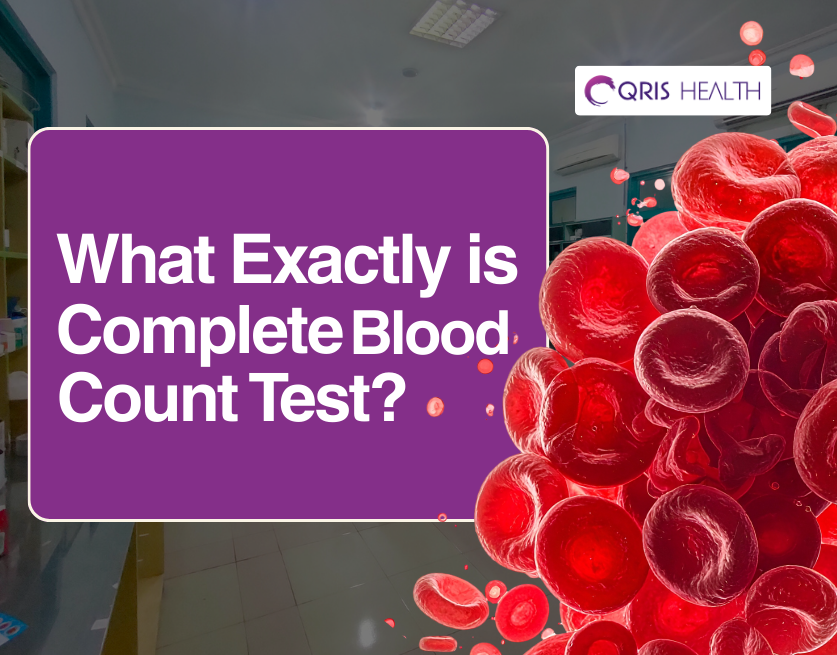Fewer platelets are defined as thrombocytopenic, which greatly threatens your health since you may easily develop hemorr Critics Registration hämorrhage. In certain cases, medical help is required but some specific dietary modifications can help in raising platelet count.
Understanding Platelets and Their Role
Small cell fragments in your blood play an important role in clotting and stopping the blood from flowing too fast. In case an individual has a wound that results in a nick or a small cut, platelets immediately move to the site to aggregate and form a plug to avoid a lot of bleeding. Low platelets form a problem since they compromise the body’s coagulation ability and raise the risk of hemorrhage and the formation of blood clots.
Causes of Low Platelet Count
Several factors can contribute to low platelet count, including:
- Viral infections: Such as dengue fever, hepatitis, HIV/AIDS, or any other diseases that are caused by viruses.
- Autoimmune diseases: Autoimmune diseases are conditions when the immune system turns on to harm other healthy cells in the body.
- Certain medications: Some drugs may affect the process of platelet manufacture
- Bone marrow disorders: With its negatives on influencing the creation of blood components.
- Nutritional deficiencies: Deficiency of vitamins and micronutrients
- Chronic liver disease: May affect platelet synthesis
- Spleen enlargement: One of the problems of splenomegaly is that platelets can be trapped in the spleen.
Symptoms of Low Platelet Count
Symptoms of low platelet count may include:
- Easy bruising: One is likely to develop some skin lesions, which are characterized by rashes or bruises, that the body cannot explain.
- Nosebleeds: If one experiences a crack on the nasal septum, it becomes vital to know that it can cause a low platelet count.
- Bleeding gums: Gums that are prone to bleeding when one is brushing or when flossing.
- Petechiae: Petechiae reveals tiny, pinhead-sized, red or purple dots on the skin due to bleeding underneath the skin.
- Blood in urine or stool: This is one of the signs and it is very grim and one should seek the services of a doctor instantly.
- Prolonged bleeding from cuts or injuries: Gushing which cannot be ceased quickly.
Importance of Blood Tests
In case of chronic signs of low platelet levels, you should contact a qualified doctor for an examination. A thorough examination of blood can be used to identify the cause of the platelet deficiency and its degree.
At Qris Health, we offer a range of blood tests in Delhi, including:
- CBC (Complete Blood Count) Test in Delhi: As used in this context, it is a general screening test for thoroughly assessing Blood Platelet Count, Blood Red Cells, and Blood White Cells.
- Vitamin B12 Cyanocobalamin Test in Delhi: To carry out a vitamin B12 blood test, which is crucial in preventing platelet issues.
Foods to Boost Platelet Count
Paradoxically, a diet without the supervised pharmaceutical intervention does not affect the platelet count, however, including some nutrients in the diet might help to maintain good blood conditions. Some foods that may help include:
- Leafy green vegetables: Spinach, kale, and collard green are good sources of folate; a vitamin that helps the production of platelets.
- Citrus fruits: Oranges, grapefruits, and lemons are oranges contain vitamin C which helps in the absorption of iron necessary for the production of platelets.
- Pomegranate: This fruit contains nutrients that can enhance blood flow and clotting of platelets, these are antioxidants.
- Bananas: Bananas contain potassium and can, therefore, be of significant value when it comes to blood’s overall health.
- Vitamin B12-rich foods: Some of the foods that have vitamin B12 which is very essential in platelet production include beef liver, eggs, and fish.
- Iron-rich foods: The sources of foods that can be taken to raise iron levels include lean meats, beans, and fortified cereals as these are very crucial in the production of platelets among anemic patients.
Vitamins and Supplements
Though it is recommended to consult a doctor, some vitamins and supplements are known to help in the production of new platelets. Unfortunately, its consumption in large amounts is not recommended for a healthy individual due to its side effects, thus it is important to stick to the prescribed quantities.
- Vitamin B12: aids the formation of red blood cells and platelets.
- Folate (Vitamin B9): Essential for cell division and growth of all body cells including production of plates.
- Vitamin C: Improves the absorption of iron which is crucial to the health of platelets within the human body.
- Vitamin K: Its derivatives play an active part in the clotting of blood and the action of platelets.
Lifestyle Factors
Certain lifestyle factors can also impact platelet count:
- Avoid smoking and excessive alcohol consumption: Such habits can harm the blood in some way or the other.
- Manage stress: Stress in this case can be defined as chronic, and it affects the overall functioning of the body, including platelet formation.
- Get enough sleep: Proper sleep is a necessity in the body since it helps in the body formation of Blood cells.
- Regular exercise: Some of the benefits of exercising could be a boost in the health of the blood circulation systems.
When To Go To The Doctor
However, if low platelet count is something that you continue to experience, then, you should see your doctor. They are capable of identifying the root cause of the problems and suggesting the right course of action.
Qris Health provides a series of blood tests that include CBC and Vitamin B12 Cyanocobalamin Test in Delhi and helps the clients understand the state of their health and the presence of shortcomings, if any. Our healthcare specialists can give individualized advice and assistance depending on your unique needs.


 Health Risks of Inactive Lifestyle.jpg)
 Health effects of smoking.jpg)


